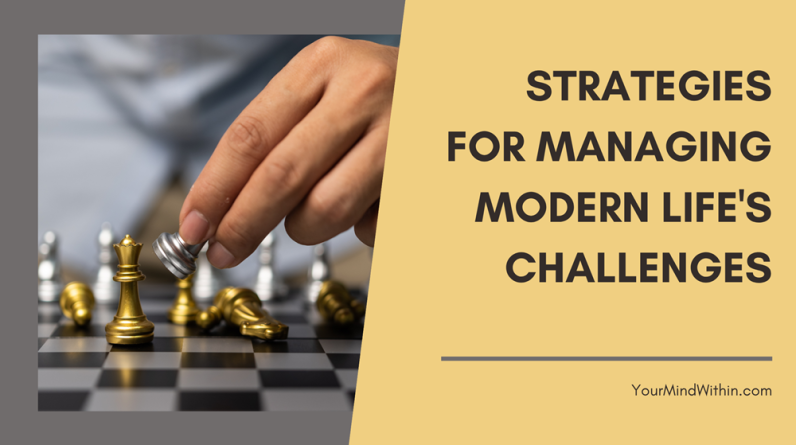
A positive self-image isn’t just a nice thing to have – it’s essential for your personal growth and overall happiness and well-being.
How you perceive yourself has an influence on how others perceive you, your relationships, thoughts, and actions. If you want to boost your self-esteem and enhance your self-image, then you should consider the ten tips below on how to improve how you see yourself.
1. Practice Self-Compassion
If there’s one thing so many of us are guilty of, it’s a lack of self-compassion.
We find it easy to extend compassion to our friends and family, but we tend to treat ourselves rather harshly. So, show yourself self-compassion.
You can do that by acknowledging that you have imperfections without judging yourself for it – you’re human, we are all imperfect and that’s fine because we’re still learning.
Everyone makes mistakes, everyone runs into setbacks – it’s all a chance for growth and learning. Embrace it.
2. Challenge Your Negative Self-Talk
You have to pay more attention to your negative self-talk and thoughts. You have to challenge them and replace them with more positive thoughts.
When you notice yourself thinking self-critical thoughts or uttering self-critical statements, replace them with empowering, encouraging ones. This is an important part of the reshaping process.
3. Set Realistic Goals
Realistic goals are an important part of this process because when you achieve and achieve and achieve, it helps you build a more positive image of yourself.
When your goals are in line with your dreams, aspirations, and values, they’re even easier to achieve, which is even more good news for your self-image.
Celebrate every achievement and let that sense of accomplishment reinforce the positive way you now see yourself.
4. Cultivate Your Strengths
Identify your strengths, and start celebrating them! You need to acknowledge all of your talents, recognize your skills, and appreciate your accomplishments.
That’s important – but don’t stop there, you can further develop your confidence and positive self-image by cultivating your strengths as well.
It’s a great way to get a constant reminder of the unique qualities that make you pretty great.
5. Show Gratitude
Gratitude is great, and learning how to cultivate and show it is a great way to shine a light on all of the positivity in your life.
So, regularly acknowledge your achievements. Recognize the relationships that matter. Accept the way personal growth has benefited your life.
Gratitude represents an important shift in focus from what is lacking to what is abundant. When your focus is on what’s abundant it helps you build a more optimistic self-image.
6. Look After Yourself
Your physical health and well-being are important, and it’s linked closely to your emotional and mental health.
You should exercise regularly, eat a well-balanced diet, and get plenty of rest and sleep.
Looking after your body has a positive impact on your mood, energy levels, and your self-image.
7. Be Positive
Your support network can heavily influence your self-image, and surrounding yourself with positive people is key.
Put distance between you and the toxic people in your life because they will only contribute to more negativity.
Choose positive influences and spread positivity yourself.
8. Learn From Experience
Every challenge is an opportunity. Challenges build resilience and they contribute to personal growth.
An obstacle isn’t failure, it isn’t a mistake, it’s a stepping stone that you can use on your path to success.
Embrace every setback as a stepping stone in the learning process. Embrace every setback as a contribution to your self-image.
9. Develop Yourself Personally
Personal development is a lifelong journey – it requires your continuous commitment to learning, growing, and changing.
On the path to personal development, you will pursue your hobbies, engage in joyful activities that deliver on accomplishment, and acquire new skills. This continual growth contributes to a positive self-image.
10. Get Professional Support
If your negative self-image persists and it’s impacting your happiness and well-being, you might want to seek professional support.
Working with a counselor or therapist will allow you to explore any underlying issues and develop coping strategies to counteract them. All of that work will help you build a more positive self-image.
Ultimately, developing a positive self-image is a continuous journey and you will need to practice self-compassion as you work on it.
Be positive with yourself, be kind to yourself, and recognize your strengths.








